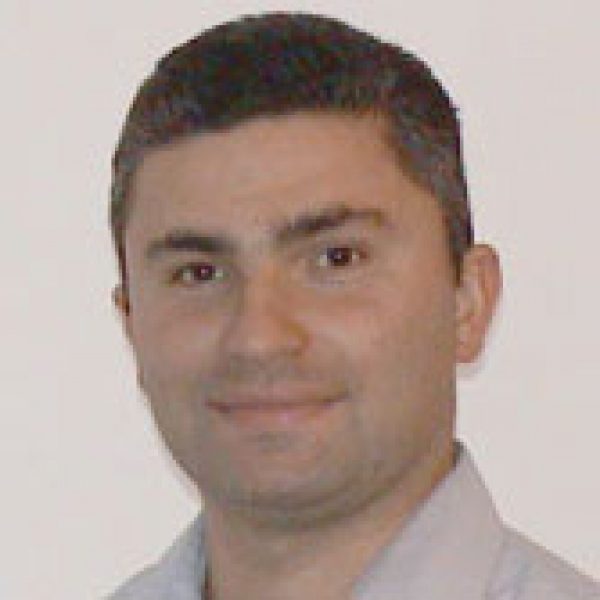Davide Dardari
Personal website: http://www-csite.deis.unibo.it/Staff/dardari.html
Davide Dardari received the Laurea degree in electronic engineering (summa cum laude) and the PhD degree in electronic engineering and computer science from the University of Bologna, Italy, in 1993 and 1998, respectively. In 1998, he joined the Dipartimento di Elettronica, Informatica e Sistemistica to develop his research activities in the area of digital communications.
He has been involved in educational activities at the Engineering Faculty, University of Bologna, Italy, since 2000 dealing with /Digital Communications and Electrical Communications/. He has also played several important roles in various National and European Projects. Since 2005, he has been a Research Affiliate at Massachusetts Institute of Technology (MIT), Cambridge, USA. Now, he is an Associate Professor at the University of Bologna at Cesena, Italy, where he participates with WiLAB (Wireless Communications Laboratory).
Recently, he has focused his activity on ultra-wide bandwidth (UWB) systems, ranging and localization techniques, as well as wireless sensor networks. He is Senior member of the IEEE where he is the current secretary for the /Radio Communications Committee/ of the IEEE Communication Society. He was co-chair of the Wireless Communications Symposium of the 2007 IEEE International Conference on Communications, and co-chair of the 2006 IEEE International Conference on Ultra-Wideband. He currently serves as an Editor for IEEE Transactions on Wireless Communications, Lead Editor for the EURASIP Journal on Advances in Signal Processing (Special Issue on Cooperative Localization in Wireless Ad Hoc and Sensor Networks) and Guest Editor for Proceedings of IEEE (Special Issue on UWB Technology & Emerging Applications). He also serves as a reviewer for Transactions/Journals and Conferences, and as a TPC member for numerous international conferences. He is co-author of the book “Wireless Sensor and Actuator Networks: enabling technologies, information processing and protocol design”, Elsevier, 2008.
